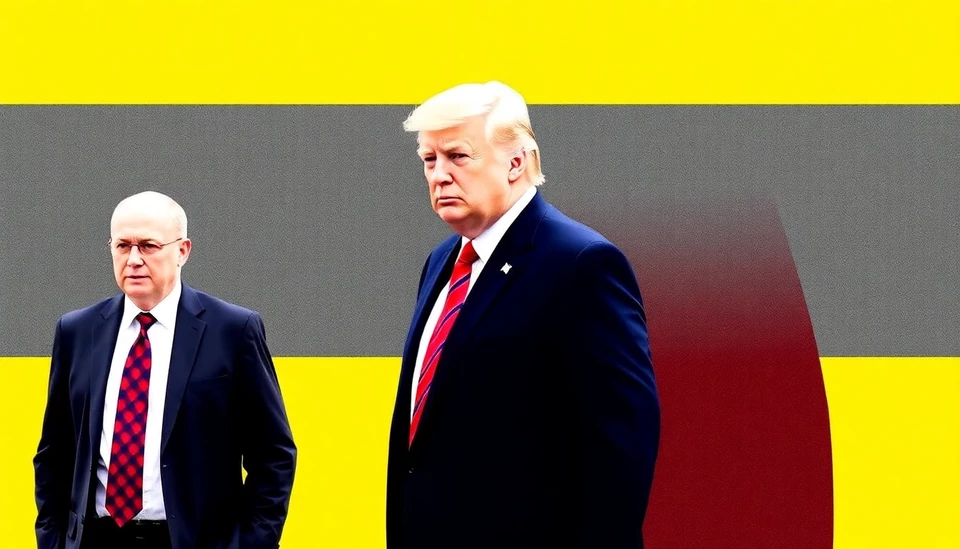
In a surprising twist to a legislative bribery case tied to former President Donald Trump, federal prosecutors have requested a judge to dismiss the charges. This unusual move comes shortly after Trump issued a directive that influentially intersects with the Foreign Corrupt Practices Act (FCPA), signaling a significant shift in the prosecuted matters surrounding Trump's administration.
The case in question revolves around allegations that a former lobbyist attempted to bribe officials in a foreign government on behalf of a U.S. company. Traditionally, bribery cases like these are taken very seriously, especially in jurisdictions that emphasize anti-corruption measures. However, the prosecutor’s reconsideration appears to align closely with Trump’s recent pronouncement regarding the alteration of enforcement priorities for FCPA violations.
Legal experts are parsing the implications of this development, noting that the timing of the prosecutor’s request for dismissal casts a shadow of influence that the former president still wields over federal enforcement policies. Trump's direction has essentially redefined how authorities might approach such foreign dealings, potentially paving the way for certain acts that were once heavily scrutinized under existing laws.
Critics of the move assert that Trump's influence on legal processes underscores a concerning trend whereby political clout can shape judicial outcomes. They suggest that allowing such a precedent to stand may normalize scenarios where behavior that was once deemed corrupt can become acceptable under new leadership ideologies.
Supporters of the dismissal argue that the legal reinterpretation is consistent with Trump's broader deregulatory efforts and that previous applications of the FCPA were overly stringent. They contend that the emphasis on bribery enforcement suppresses legitimate business dealings, particularly in international markets where negotiations can be ambiguous and often involve hospitality and networking incentives that border on the grey areas of legality.
The case's dismissal could set a significant precedent within the halls of corporate governance and the foreign business practices in which American companies engage. As the legal community and political analysts continue to debate the merits and ramifications of Trump's directive, all eyes will remain keenly focused on how other potential cases might react or adapt in light of this new framework.
In a broader context, this incident raises pivotal questions about the integrity of enforcement against corruption in the landscape of American business practices. With pressure mounting in both political and public forums, the ongoing fallout from this dispute will likely fuel discussions about accountability and ethical governance in the future.
As the legal proceedings unfold, stakeholders from various sectors will be watching closely, eager to understand how this case may reshape the interplay between politics and law enforcement in the United States.
#Trump #FCPA #Bribery #Politics #LegalNews #Corruption #JusticeSystem #CorporateEthics
Author: John Harris




